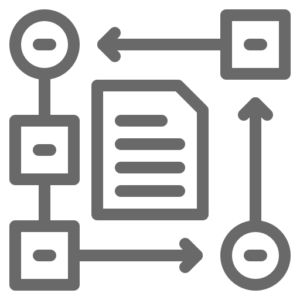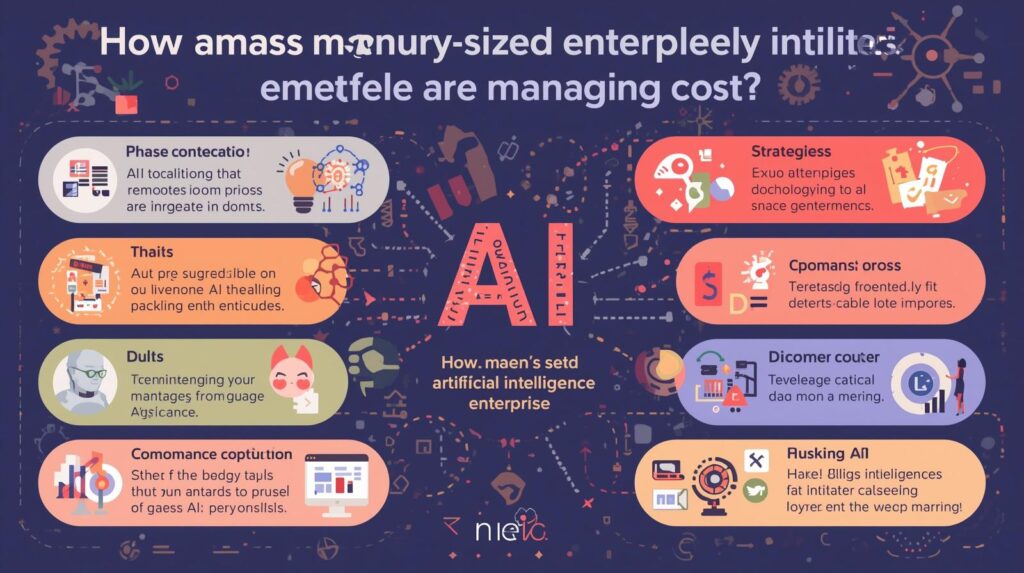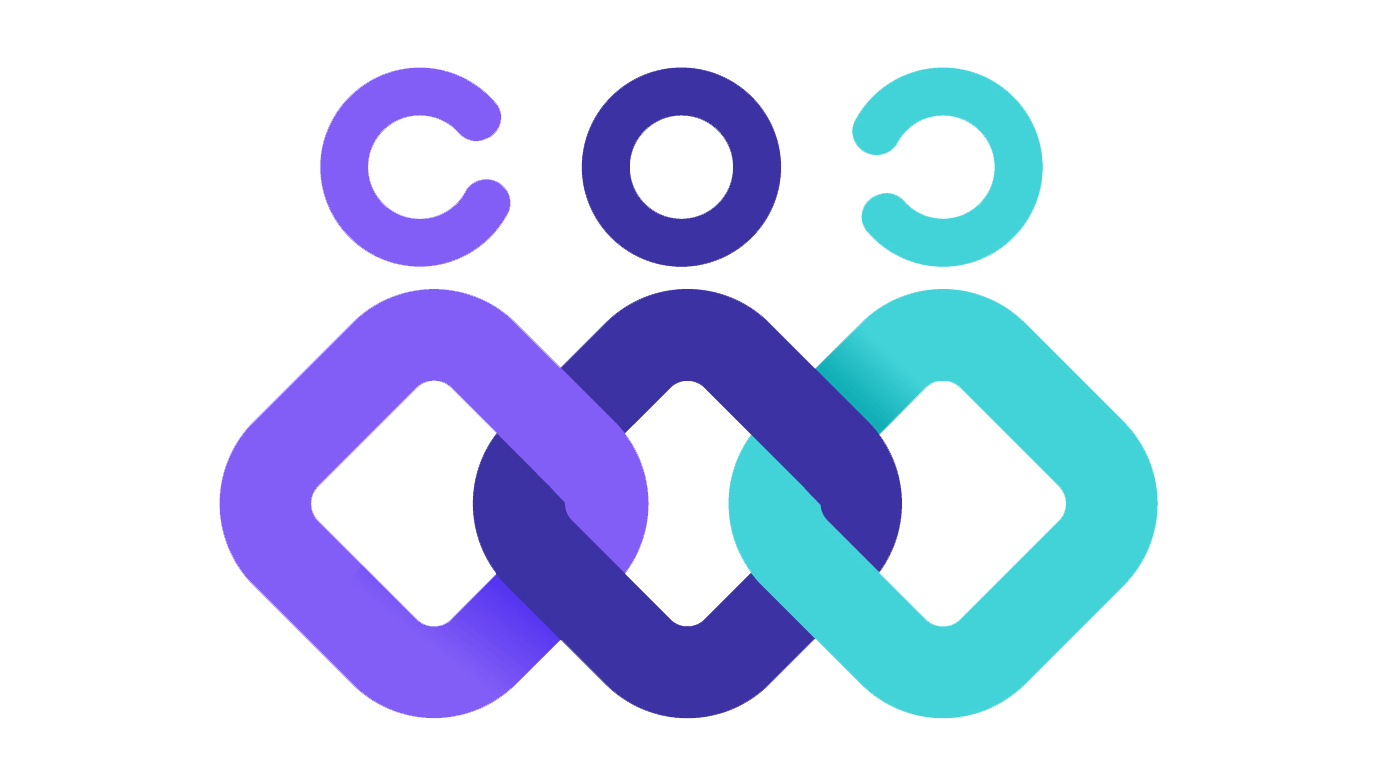- Home
- Products
-
Revolutionizing Organizational Productivity with AI Solutions
Our AI-powered solutions have a significant impact on improving effectiveness and increasing employee efficiency within the organization.
Our Goals: Empowering SMEs with AI-driven rewards for daily achievements, boosting productivity.
Empowering SMEs with AI-driven rewards for daily achievements, boosting productivity. Create a positive and engaging work environment where employees feel supported and empowered.
Create a positive and engaging work environment where employees feel supported and empowered.
Boost productivity with streamlined information access and accurate performance management.

Foster innovation by leveraging feedback to uncover growth opportunities.
-
- Resources
- Capture leads and make buying easySed ut perspiciatis unde omnis iste natus error sit voluptatem accusantium doloremque laudantium, totam aperiam, eaquecy epsa abillo inventore veritatis architecto beatae
- Complete documentation
- Working materials in Figma
- 100GB cloud storage
- 500 team members
- Complete documentation
- Working materials in Figma
- 100GB cloud storage
- 500 team members
 Capture leads and make buying easySed ut perspiciatis unde omnis iste natus error sit voluptatem accusantium doloremque laudantium, totam aperiam, eaquecy epsa abillo inventore veritatis architecto beatae
Capture leads and make buying easySed ut perspiciatis unde omnis iste natus error sit voluptatem accusantium doloremque laudantium, totam aperiam, eaquecy epsa abillo inventore veritatis architecto beatae- Complete documentation
- Working materials in Figma
- 100GB cloud storage
- 500 team members
- Complete documentation
- Working materials in Figma
- 100GB cloud storage
- 500 team members
Capture leads and make buying easySed ut perspiciatis unde omnis iste natus error sit voluptatem accusantium doloremque laudantium, totam aperiam, eaquecy epsa abillo inventore veritatis architecto beatae- Complete documentation
- Working materials in Figma
- 100GB cloud storage
- 500 team members
- Complete documentation
- Working materials in Figma
- 100GB cloud storage
- 500 team members
 Capture leads and make buying easySed ut perspiciatis unde omnis iste natus error sit voluptatem accusantium doloremque laudantium, totam aperiam, eaquecy epsa abillo inventore veritatis architecto beatae
Capture leads and make buying easySed ut perspiciatis unde omnis iste natus error sit voluptatem accusantium doloremque laudantium, totam aperiam, eaquecy epsa abillo inventore veritatis architecto beatae- Complete documentation
- Working materials in Figma
- 100GB cloud storage
- 500 team members
Latest Product Updates
Strong Signals
Accelerate Your Monitoring Efforts with ‘Team Insight,’ an AI-Powered Solution.
Smart Ideation
Enhance Your Creative Process with GenAI-Powered Ideation.
Knowledge Hub: Articles, Webinars...Explore our blog, webinars, and case studies to stay informed. Visit the Help Center for all the resources you needContent summary: Discover insights and expert advice through our blog to stay updated with the latest trends and solutions.
Discover insights and expert advice through our blog to stay updated with the latest trends and solutions.
Join our webinars for expert-led discussions and real-time learning from industry leaders.

Explore our case studies to see how our solutions drive success in real-world scenarios.

Visit our Help Center for quick answers, resources, and support to assist you every step of the way.
-
- Success Stories
- Login
- Pricing
- Our Team
- Company
-
A Story of Growth, Trust, and Vision
Our journey is built on a commitment to empowering people and increasing employee productivity. By fostering trust and innovation, we aim to create a work environment where growth and success go hand in hand.
About Us: A team driven by innovation, focused on growth and productivity.
A team driven by innovation, focused on growth and productivity.
Contact us with any questions or feedback. Let’s boost productivity together.
-

Performance Reviews for SMEs: Challenges and How AI Solves Them
Picture a small marketing agency with 15 employees, racing to meet client deadlines. The manager, overwhelmed with daily tasks, skips performance reviews for SMEs, assuming informal chats suffice. Six months later, a top performer quits, citing a lack of recognition, costing the agency $30,000 in hiring and training a replacement. This loss also erodes team morale, creating a ripple effect that stifles collaboration and innovation. This scenario is all too common: 60% of small and medium-sized enterprises skip formal performance reviews due to resource constraints, according to recent studies. Unlike large corporations with robust budgets for meetings and analytics, SMEs prioritize operations and rapid growth, leaving little time for structured evaluations.
SMEs thrive on flexibility, and rigid review processes can slow decisions and hinder responsiveness to market shifts. Many small businesses resort to informal feedback instead of annual reviews. But are traditional methods, designed for large enterprises, suitable for SMEs, or do smaller businesses need simpler, smarter solutions? This article explores the challenges SMEs face with performance reviews for SMEs and highlights how AI-driven tools, like Team Insight’s AI-Powered Performance Management, unlock smarter collaboration and sustainable growth.
Common Pain Points of Performance Reviews in SMEs
Performance reviews in SMEs face significant obstacles:
- Limited Resources: Many SMEs lack the staff to conduct regular review meetings or analyze performance data. Tight budgets prevent investment in advanced software, leading to infrequent, informal, or skipped evaluations.
- Lack of Formal Structures: SMEs often operate without defined processes, clear Key Performance Indicators (KPIs), or digital platforms for tracking performance, resulting in sporadic, subjective feedback.
- Personal Biases: In close-knit teams, managers’ personal relationships with employees can skew evaluations, prioritizing impressions over metrics.
- Employee Resistance: Many SME employees view traditional reviews as time-consuming or irrelevant, reducing feedback impact.
Consider a 15-person marketing agency struggling to track performance without HR staff, or a 30-employee tech SME where feedback is limited to casual comments, missing long-term contributions. A retail business with 25 employees faced similar issues, with managers overwhelmed by manual tracking, leading to inconsistent reviews.
In fact, a Deloitte study (2023) found that over 70% of small businesses admitted they had no formal performance management system at all. Instead, most rely on intuition and informal conversations, which—while flexible—often fail to capture consistent performance trends. This gap creates confusion about expectations and undermines trust between employees and management.

The Hidden Costs of Skipping or Mismanaging Reviews
Neglecting or mismanaging performance reviews carries significant costs:
- Talent Loss: Employees who lack regular feedback may feel undervalued and leave. Replacing experienced staff can cost SMEs 6–9 months of an employee’s salary (SHRM, 2023).
- Reduced Motivation: Without clear expectations, employee engagement declines, lowering productivity and service quality.
- Flawed Decisions: Without accurate data, managers may make biased promotion or reward decisions, undermining fairness.
- Stunted Growth: Low motivation, high turnover, and poor decisions reduce productivity and slow expansion, impacting profitability.
Research shows that companies with strong feedback cultures enjoy 31% lower turnover and 21% higher profitability (Gallup, 2023). For SMEs, where every employee plays a critical role, the loss of even one key performer can create ripple effects across client satisfaction, innovation, and revenue.
From Annual Reviews to Continuous Feedback
Traditional annual reviews, common in large corporations, pose challenges for SMEs. Feedback delivered once a year leaves employees unaware of their strengths and weaknesses for months, delaying improvement. In contrast, continuous feedback offers:
- Immediate Guidance: Managers address performance issues instantly, enabling rapid skill development.
- Transparency and Motivation: Regular feedback increases clarity, boosts engagement, and fosters team cohesion.
- SME Alignment: Continuous feedback aligns with the agile nature of SMEs, enabling quick adaptation to market changes.
Studies show organizations using continuous feedback see a 14.9% reduction in turnover and a 12% increase in productivity (Gallup, 2023). AI-powered performance management tools enhance this process by recording instant feedback and providing tailored development suggestions.
How AI Transforms Performance Reviews
Artificial Intelligence (AI) revolutionizes performance evaluations by delivering accurate, objective assessments, aligning with Team Insight’s AI-Powered Performance Management solution. AI tools analyze data from multiple sources—such as project updates, peer feedback, emails, and CRM systems—streamlining the process. Key benefits include:
- Automated Data Collection: AI aggregates project updates, team interactions, and achievements in real-time, eliminating manual processes.
- Bias Reduction: Objective data ensures fair, transparent evaluations, building trust.
- Real-Time Feedback: AI generates instant feedback, enabling continuous progress monitoring.
Team Insight’s AI-Powered Performance Management platform combines dashboards, goal tracking, and analytics, simplifying reviews and fostering a growth-oriented culture.

How SMEs Can Leverage AI on a Budget
Cost concerns often deter SMEs from adopting AI, but practical solutions exist. AI tools give SMEs the flexibility to scale usage without heavy investment. These solutions allow small and medium-sized businesses to gradually integrate AI into their processes without the need for large upfront costs.
Open-source tools or integrations with HR software can further reduce costs. These options make AI adoption more accessible and manageable for teams with limited resources. For example, a 20-employee retail business using AI tools saved 10 hours of HR work monthly. This demonstrates how even small teams can benefit from smarter performance management without adding extra workload.
Pilot programs enable SMEs to test AI tools gradually without financial strain, delivering smarter performance management. By starting small, businesses can evaluate effectiveness, gather feedback, and scale AI solutions as needed.
Overcoming SME Resistance to AI Adoption
Many SMEs hesitate to adopt AI due to fears of complexity or employee resistance. A 40-employee tech SME overcame initial skepticism by implementing these strategies:
- Simplify Training: Employees learned to share feedback in just seconds, reaching 90% adoption within the first month.
- Show Tangible Benefits: Highlight quick wins, such as a 40% reduction in review prep time, as seen in a 25-employee startup.
- Involve Leadership: Managers champion AI tools, blending automated insights with human judgment to maintain trust.
- Start Small: Pilot AI tools with one team to demonstrate value before scaling.
These steps ensure seamless AI integration without disrupting workplace cultur
Measuring ROI of AI-Driven Performance Reviews
Justifying AI costs requires clear ROI. A 30-employee SME using Team Insight ($300/month) saved 15 HR hours monthly, valued at $450 at $30/hour. Reduced turnover by 10% saved $20,000 annually (SHRM, 2023). Improved performance boosted sales by 5%, adding $50,000 in revenue, while a 10% increase in customer satisfaction enhanced brand loyalty. SMEs can measure ROI by tracking time savings, retention, and revenue gains, starting with pilot programs to validate outcomes.

Real-World Examples of AI in Performance Reviews
Large Enterprises
- Cisco: Cisco leverages AI systems to provide real-time employee feedback, enhancing performance evaluation and boosting motivation by 15% (Forbes, 2023).
- Hitachi: Hitachi uses AI to predict employee performance and deliver ongoing feedback, improving team efficiency by 10% and job satisfaction (Harvard Business Review, 2022).
- IBM: IBM employs tools like Watson to identify talent and provide precise feedback, reducing bias by 20% through AI and human insights (IBM Case Studies, 2023).
SMEs and Small Businesses
- Repurpose (Eco-Friendly Products): This 21-employee brand uses Team Insight to automate financial processes, optimize marketing campaigns, and assess employee performance, cutting review time by 30% and improving satisfaction by 15%. This led to a 5% increase in product innovation speed (Business Insider, 2024).
- Radfield Home Care (Elderly Care Services): This franchise uses AI in marketing, HR, and employee training, streamlining operations and cutting costs by 20% while improving caregiver efficiency by 12% (The Times, 2023).
- Reviewly.ai (Automated Customer Feedback): A small business employs Reviewly.ai to automate feedback requests via SMS and AI-powered content editing, improving response rates by 25% and feedback quality (Reviewly.ai, 2024).
- Grind (Independent Coffee Shop): With 350 employees, Grind collaborates with Google to integrate AI in marketing content creation, customer request management, and performance reporting, increasing engagement by 10% and customer retention by 7% (The Times, 2023).
The Future of AI in SME Performance Management
AI-driven performance management is rapidly evolving, offering small and medium-sized enterprises (SMEs) innovative tools to remain competitive.
Emerging trends include:
Predictive Analytics: AI tools can forecast employee success, identify skill gaps, and enable proactive development plans.
Personalized Learning Paths: AI tailors training recommendations to individual performance, boosting engagement by up to 15% (Deloitte, 2024).
Gamification: AI platforms introduce milestone-based rewards, increasing motivation by as much as 20% in some SMEs.
Sentiment Analysis: AI analyzes employee feedback from surveys and chats to gauge morale, helping managers address concerns early.
Remote & Hybrid Work Integration: As more SMEs adopt hybrid models, AI seamlessly integrates with collaboration tools like Slack, Teams, and Trello to capture performance signals across distributed teams. This ensures consistent and reliable feedback, whether employees are on-site or remote.
These advancements enable SMEs to adapt to market changes while fostering a culture of growth and innovation.

Best Practices for AI-Driven Reviews
To maximize the impact of AI in performance management, SMEs should:
- Define Clear KPIs: Align employee goals with measurable business outcomes, such as sales targets or customer satisfaction metrics.
- Combine AI and Human Insights: Use AI analytics for objective data while incorporating managerial context for balanced evaluations.
- Start with Pilots: Test AI tools with one team to gather feedback and refine processes before scaling.
- Foster Continuous Learning: Encourage employees to use AI-driven insights for ongoing skill development.
- Integrate Employee Feedback: Use AI to collect and analyze team input, ensuring reviews reflect diverse perspectives.
Team Insight’s AI-Powered Performance Management simplifies these practices with intuitive goal tracking and actionable reports, empowering SMEs to modernize reviews efficiently.
Frequently Asked Questions (FAQ)
Will AI replace managers in performance reviews?
No, AI complements managers by automating data collection and reducing bias, while human judgment adds context for fair evaluations.
How difficult is it to implementAI in performance reviews?
In most SMEs, AI tools can be introduced gradually with simple setups and short training sessions. Even small teams can start using AI within a week without disrupting daily operations.
How does AI fit with our company culture?
AI tools adapt through customizable KPIs and feedback systems. A logistics SME achieved 90% employee adoption by aligning AI with team values.
How can AI personalize employee feedback?
AI analyzes individual performance data to offer tailored development suggestions, like upskilling courses, boosting engagement by 10% in a retail SME.
Conclusion and Key Takeaways
Performance reviews in SMEs face challenges like limited resources and biases, causing talent loss and stunted growth. Team Insight’s AI-Powered Performance Management transforms these hurdles into opportunities by enabling smarter, data-driven collaboration. Continuous feedback and AI analytics save time, ensure fair decisions, and foster a culture of growth and engagement.
For SME leaders, the path forward lies in embracing innovative tools to unlock team potential, aligning with business goals, and driving sustainable success. By rethinking performance management, SMEs can empower their teams, enhance competitiveness, and build a foundation for long-term growth in an ever-evolving marketplace.
Ultimately, SMEs don’t need to replicate the rigid systems of large corporations. Instead, they can adopt lightweight, AI-enhanced solutions that respect their agility while providing the structure needed for fairness and scalability. With the right balance of human judgment and AI-driven insights, performance reviews shift from being a dreaded chore to a strategic lever for engagement, innovation, and sustainable growth.
For SME leaders, the path forward lies in embracing innovative tools to unlock team potential, aligning with business goals, and driving sustainable success. By rethinking performance management, SMEs can empower their teams, enhance competitiveness, and build a foundation for long-term growth in an ever-evolving marketplace.












